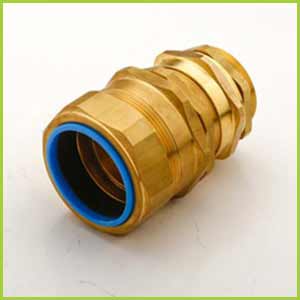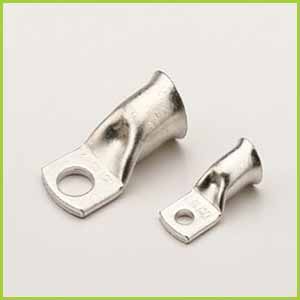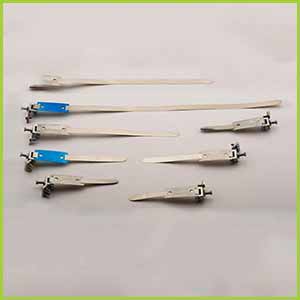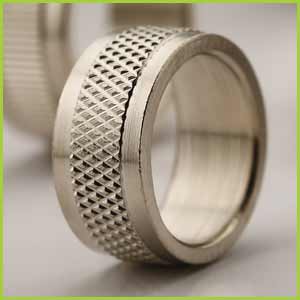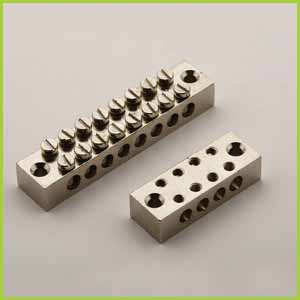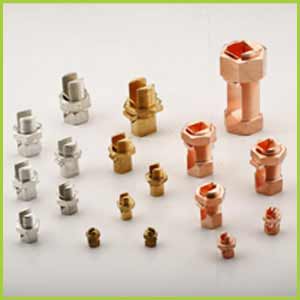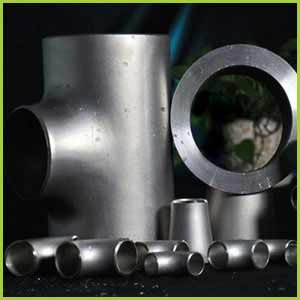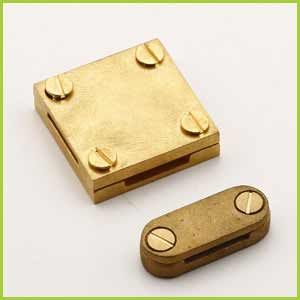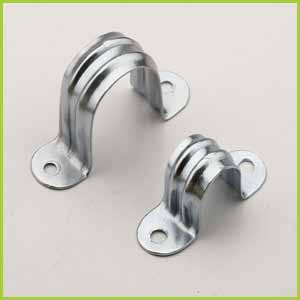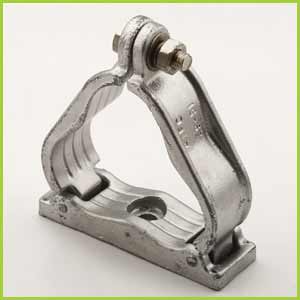The Choice of Material: Copper, Aluminum, and Bimetallic
Lugs are crafted from different materials to suit specific requirements:
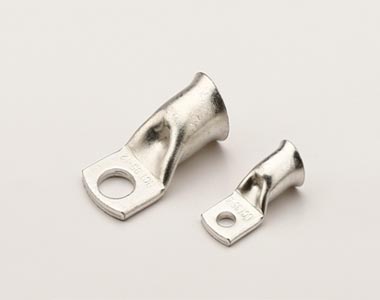
Copper Lugs
Renowned for their exceptional electrical conductivity and resistance to corrosion, copper lugs are the preferred choice when reliability and low-resistance connections are crucial. They excel in a wide range of electrical systems, ensuring steadfast performance over time.
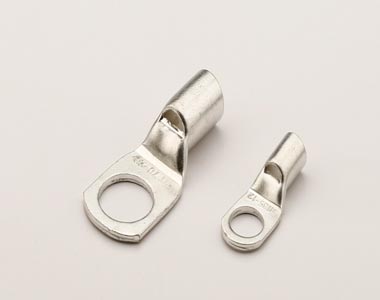
Aluminum Lugs
Particularly prevalent in power distribution and transmission systems, aluminum lugs offer a balance between conductivity and cost-efficiency. Although aluminum has slightly lower conductivity compared to copper, it stands out for its lightweight nature and affordability. However, it is important to note that aluminum is more susceptible to oxidation, which can affect connection quality over time.
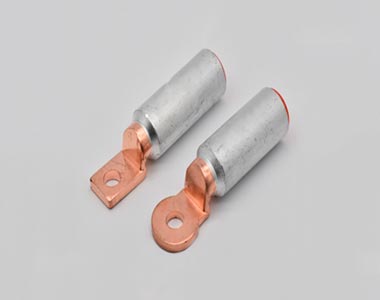
Bimetallic Lugs
Bimetallic lugs find their niche in electrical panels, circuit breakers, and other equipment. They facilitate seamless transitions from aluminum wiring to copper wiring or vice versa, all while maintaining a secure and reliable connection. These lugs bridge the materials divide and ensure safety in the connection.
